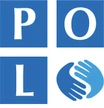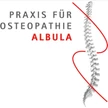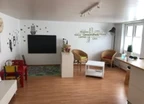- Quick navigation
- Home
- Open menu
- Page content
- Customer service
- Search
- Footer
Open by appointment until midnight
Open by appointment until 4:00 PM
Open until 6:00 PM
Open until 7:00 PM
Open until 6:15 PM
Closed until Monday at 8:00 AM
Closed until Monday at 8:00 AM
Open by appointment until 6:00 PM
Open until 6:00 PM
* No advertising material
Open now
Filter results
E-Learning in Waadt (Region)
: 443 Entries Open by appointment until midnight
Open by appointment until 4:00 PM
Open until 6:00 PM
Open until 7:00 PM
Open until 6:15 PM
Closed until Monday at 8:00 AM
Closed until Monday at 8:00 AM
Open by appointment until 6:00 PM
Open until 6:00 PM
* No advertising material
















